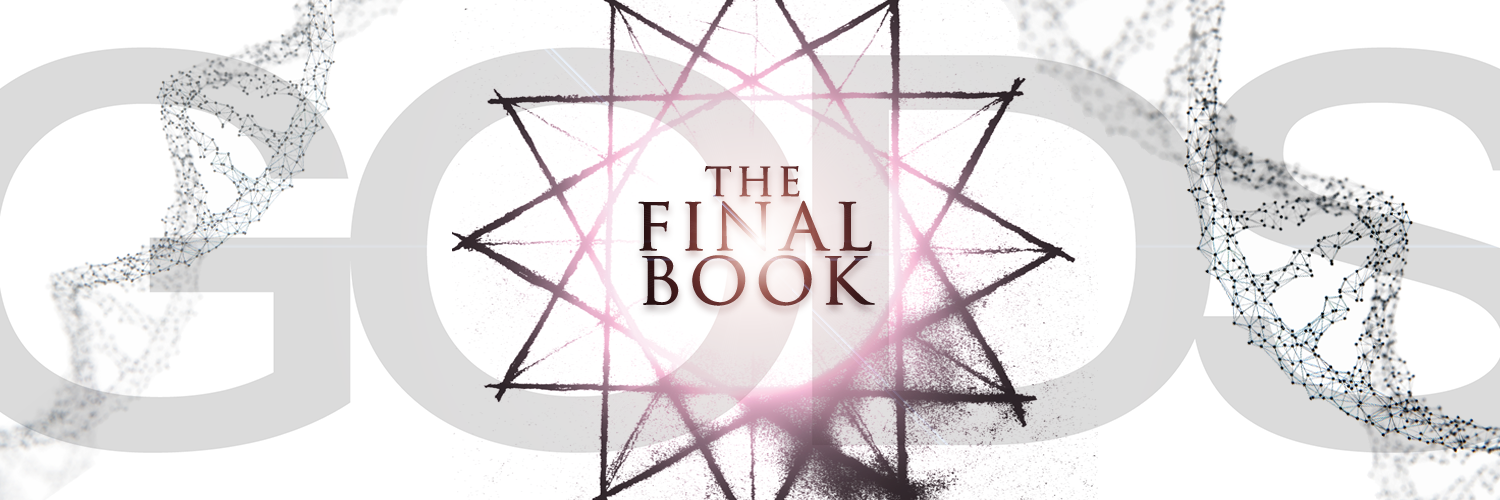The Soul and Marx: The Need For Illusion

Religion is “the sigh of the oppressed creature, the heart of the heartless world… it is the opium of the people.” – Karl Marx
Marx is an atheist and highly critical of the illusion or affects created by religion. He views religion as the “ghostly realization” of the state and society, and a struggle against religion is a direct struggle against the state.
To overcome religion, the people must “demand to give up conditions that require illusions” (Marx 116). Illusory happiness must be replaced by true happiness, and a critical examination of heaven naturally leads to a critical examination of earth (Marx 116); “the critique of religion into the critique of law, the critique of theology into the critique of politics” (Marx 116). Marx calls for a war on the conditions of society and to use criticism as a weapon to not simply refute these conditions, but to utterly destroy them (Marx 117). He calls for those to be ruthless in their pursuit of correction and demands that people move beyond idle discussion and aggressively apply the critical theory.
Finally, religion ends in positive dissolution and transcendence from lingering feudal control and oppression (Marx 119), teaching that “man is the highest being for man and that it is imperative to overthrow all those conditions in which man is a debased, enslaved, abandoned, contemptible being” (Marx 119). Once this is truly realized and accepted by the people, an emancipation of the social order begins under the rally cry, “I am nothing, and I should be everything” (Marx 122). Under the new emancipated perspective, philosophy becomes the head of man, and the proletariat is its heart (Marx 124); as opposed to the current structure of the oligarchy acting as the head and religion as the heart.
Problem of Alienation
Marx believes that society is driven by the economy and that the economy is divided between two groups; property owners and propertyless workers (Marx 133). All economic power is held by privately owned property owners and this struggle for power is a “war among the greedy—competition” (Marx 132). By the propertyless workers being devalued and divided from private property and capital, and landowners aggressively competing between themselves for more capital, the system is inherently riddled with alienation. Alienation between different classes, and alienation between competing individuals.
In this scheme, the more efficient and more wealth a propertyless worker produces for the property owner, the more the worker will be devalued and the poorer he will become (Marx 133). “Labor does not only produce commodities; it produces itself and the worker as a commodity” (Marx 133). Labor, in turn, becomes an object, and the laborer objectified (Marx 133).
This portion of Marx’s theory has always been the most striking to me and I believe we are witnessing this on an unprecedented scale within our own society. “For on this premise it is clear that the more the worker exhausts himself, the more powerful the alien world of objects which he creates over and against himself becomes, the poorer he and his inner world become, the less there is that belongs to him as his own” (Marx 134). The more one puts into something, the more alienated he becomes from the products he creates, from himself, from his family and friends, and from the species as a whole. This can be directly seen from the perspective our current middle class as it relates to the implementation and takeover of technology, extreme lows in personal wellness and happiness, dissolution of family and communal structures, and the alienation of emigrants and foreign lands (crisis’s in Africa, Middle East, etc, etc). “Political economy conceals the alienation inherent in the nature of labor by not considering the direct relationship between the worker and production” (Marx 135).
Marx’s solution to overcome alienation is through externalized labor moving from a system predicated on private property and wages to a system of communal ownership; “genuine human and social property” (Marx 145).
TO BE CONTINUED...
Works Cited:
Marx, Karl, and Eugene Kamenka. The Portable Karl Marx. Penguin Books, 1988.












